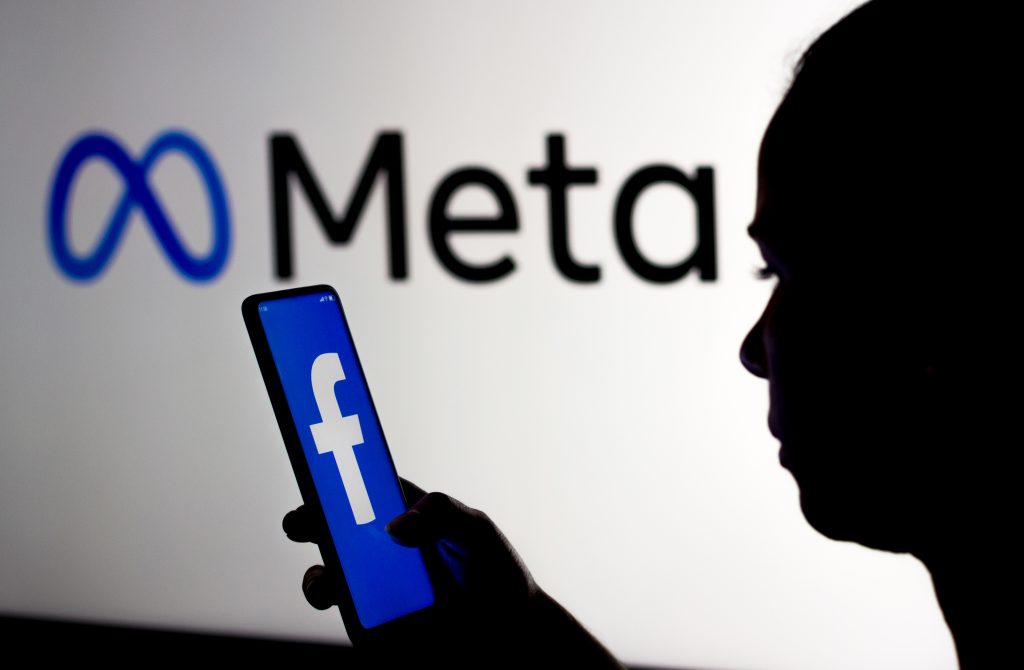Meta rolls out end-to-end encryption for Messenger and Facebook, introducing new features
The move faces concerns over limited access to user message contents, raising issues with law enforcement and child protection groups.

Meta, the parent company of Facebook, has announced the commencement of end-to-end encryption for Messenger and Facebook, built on the Signal and Labyrinth protocols. The update, featuring enhanced privacy measures, took years to develop and includes new functionalities such as message editing and disappearing messages.
However, concerns arise as Meta will no longer have access to user message contents, raising issues with law enforcement and child protection groups. The transition, affecting over 1 billion users, will unfold gradually, accompanied by additional security prompts. The encryption won’t immediately extend to Instagram but is planned post-Messenger upgrade, while WhatsApp conversations remain encrypted.
Why does it matter?
While privacy advocates seek more robust standards for platforms like Facebook, concerns arise as law enforcement and governments argue that encryption could compromise security, hinder crime-fighting efforts, and enable child abusers to hide online. In September, former UK home secretary Suella Braverman cautioned Meta against implementing end-to-end encryption, citing concerns about platform safety from harmful users. She urged the company to develop additional safeguards alongside the encryption plans.
